Discover The Unspeakable Podcast
The Unspeakable Podcast

The Unspeakable Podcast
Author: Meghan Daum
Subscribed: 506Played: 28,878Subscribe
Share
© 2021
Description
Author, essayist and journalist Meghan Daum has spent decades giving voice—and bringing nuance, humor and surprising perspectives—to things that lots of people are thinking but are afraid to say out loud. Now, she brings her observations to the realm of conversation. In candid, free-ranging interviews, Meghan talks with artists, entertainers, journalists, scientists, scholars, and anyone else who’s willing to do the “unspeakable” and question prevailing cultural and moral assumptions.
231 Episodes
Reverse
After years of institutional groupthink and policy whiplash, what have we actually learned—and what are we still not allowed to ask? Lisa Selin Davis returns to discuss the evidence (and non-evidence) around youth gender medicine, talk about the ongoing taboo and confusion around AGP (autogynephilia), and consider how to hold two truths at once: some people report thriving post-transition while others were clearly harmed. In this episode, we discuss / talk about: How “don’t question it” became a default and why that stalled real inquiry What the evidence actually says (and doesn’t) about pediatric interventions Thriving vs. harm: talking about real outcomes without slogans Gender clinics closing under political pressure—who might be quietly relieved, and why AGP: why it’s still taboo and how that affects research and discourse The NFL cheerleader controversy and what it revealed about intellectual consistency “Stopping” vs. “ending”: Lisa’s framework for irreversible choices and life after medicalization About the guest Lisa Selin Davis is the author of two novels and two nonfiction books, with a forthcoming book on the culture of trans kids and gender identity. She writes the Substack BROADview.
Dr. Andrew Hartz is a practicing clinical psychologist and the founder of the Open Therapy Institute, an organization dedicated to overcoming sociopolitical bias in the mental health field. He was last here in 2023 and returns now to talk about what’s changed—and what hasn’t—in the mental-health landscape since then. We discuss the rise of “everyday dissociation,” how screens and Zoom relationships dull presence and feeling, and why talk therapy can miss the mark when the problem is disconnection from the body. Andrew also explains how anxiety became a form of social currency (from dating to testing accommodations), the overuse of diagnostic labels online, and why Acceptance and Commitment Therapy (ACT) offers a saner path than endless self-rumination. Guest Bio: Andrew Hartz is the Founder, President, and Executive Director of the Open Therapy Institute. He's also a practicing clinical psychologist and was formerly a professor in the clinical psychology doctoral program at Long Island University, where he also completed his Ph.D. He's been featured in the New York Times, on The Dr. Drew Podcast, on Dr. Phil Primetime, and in The Free Press and has written about political issues and mental health for outlets such as the Wall Street Journal, City Journal, Discourse, Heterodox Academy, the New York Post, and Quillette.
Novelist, essayist, and publishing coach Leigh Stein returns to the show to discuss her new gothic-inspired novel, If You’re Seeing This, It’s Meant for You. Set in a Los Angeles “hype house,” the book follows a 39-year-old woman managing a mansion full of TikTok influencers—and confronting the realities of aging out of digital media. Leigh talks about the inspirations behind the novel, from a Frank Lloyd Wright house to parasocial relationships to the controversies around Joan Didion’s private papers. We also explore bigger questions: the future of Substack, fandom as a cultural force, the blurred line between art and content, and how young writers can navigate the creator economy. Along the way we get into Coldplay-Gate, public shaming as a modern scarlet letter, and what it really means to make a living while making art. About the Guest: Leigh Stein is the author of six books, including the satirical novel Self Care and her latest gothic novel, If You’re Seeing This, It’s Meant for You. Her writing has appeared in The New York Times, The Washington Post, The New Yorker online, Airmail, Allure, ELLE, BuzzFeed, The Cut, Salon, and Slate.
This week, I welcome back Rob Henderson, the social psychologist, author, and commentator who coined the concept of luxury beliefs: ideas that confer status on the upper class while inflicting real costs on lower-income communities. Rob was last here in early 2024 discussing his memoir, Troubled: A Memoir of Foster Care, Family, and Social Class, which chronicles his journey through California’s foster system to the Air Force, and onward to Yale and Cambridge. In this conversation, we explore what he’s been thinking about since the book’s release—particularly the so-called “mating crisis,” why many young people delay or avoid partnerships and family, and what that means for the future. We also dissect the emergence of Zohran Mamdani, the New York City mayoral hopeful who, according to Rob (and I would concur), embodies luxury beliefs in action. Finally, Rob answers questions from Substack readers. Rob will be a speaker at our Unspeakeasy Small Gathering for Big Ideas weekend, October 11-12 in New York City. Programming and ticketing info here. GUEST BIO Rob Henderson is the author of Troubled: A Memoir of Foster Care, Family, and Social Class. He grew up in foster homes in Los Angeles and in the rural town of Red Bluff, California. After enlisting in the U.S. Air Force at the age of seventeen, he subsequently attended Yale on the GI Bill and was then awarded the Gates Cambridge Scholarship to study at the University of Cambridge, where he obtained a PhD in psychology in 2022. He is currently a Senior Fellow at the Manhattan Institute, and his Substack newsletter is sent each week to more than 70 thousand subscribers. HOUSEKEEPING 📖 Order my new book, The Catastrophe Hour: Selected Essays, on Amazon or directly from the publisher here. 📘 The Catastrophe Hour book club for yearly paying subscribers starts June 11 and will run for 14 consecutive Wednesdays, 3-4 pm ET. We will meet on Zoom. Stuff to read and listen to: New York Times, Jan 31, 2025: The L.A. Fires Taught Me To Accept Help Recent(ish) solo episodes: January 9: The First 24 Hours January 16: The Immaterial World January 27: Housing Wars February 5: Remembrance Of Things Past February 13: What Is A "Catastrophe?" March 2: A Mental Infection March 31: Dignity Is Out Of Style 📺 Visit The Unspeakable on YouTube. ✈️ The Unspeakeasy’s 2025 retreat season is underway. It includes a COED retreat with more attendees and multiple speakers. October 11-12 in New York City. Programming and ticketing info here.
This is the full version of the Aug 4 episode, now available to all subscribers. Author, New York Times columnist, and superstar linguist John McWhorter returns to the pod to catch us up on what’s been on his mind now that the Woke Emergency is over . . . or is it over? We talk about how figures like Robin D’Angelo and Ibram X. Kendi have receded from the spotlight and then move on to more pressing questions topics, such as whether New York City mayoral candidate Zohran Mamdani’s “I vs me” confusion is disqualifying (I say yes), whether a smart person would say “stupider” or “more stupid,” when it became acceptable to say “anyways,” and why kids today have substituted “based off” for “based on.” We also discuss John’s long-running conversations with economist Glenn Loury on The Glenn Show and how their divergent views on the Trump phenomenon have changed (and also not changed) the dynamics of their discussions. (Listen to my 2024 interview with Glenn Loury here.) John reflects on Glenn’s 2024 memoir and explains why he would be reluctant to expand the personal writing in his columns into an entire book. Finally, we talk about the definition of a public intellectual and why so many people with microphones count themselves as such. Would a legendary public intellectual like Susan Sontag have adapted to the YouTube era? What John has to say might surprise you. John McWhorter is one of several speakers featured at the Unspeakeasy Small Gathering for Big Ideas rereat in New York City October 11-12, 2025. Find out more at https://theunspeakeasy.com/nyc. GUEST BIO John McWhorter writes a weekly newsletter for The New York Times, is a professor of linguistics at Columbia University, and the author or more than 20 books, most recently Pronoun Trouble, Nine Nasty Words, and Woke Racism. HOUSEKEEPING Order my new book, The Catastrophe Hour: Selected Essays, on Amazon or directly from the publisher here. Join the listener and reader community by subscribing to my Substack at theunspeakablepodcast.com. Visit The Unspeakable on YouTube.
This week I’m joined by Alana Newhouse, journalist, cultural critic, and founder/editor-in-chief of Tablet Magazine. Since launching Tablet in 2009, Alana has carved out a space for nuanced and surprising reporting on Jewish identity and the larger cultural questions shaping those issues, as well as the broader issues of our time. We discuss her 2021 essay, Everything Is Broken, in which she diagnoses systemic failures in medicine, media, education, and culture. Alana traces these breakdowns to a pervasive cultural force she calls flatness — the drive toward frictionless interaction, simplified narratives, and ideological conformity. Drawing from her own story of navigating a medical crisis with her own child, Alana exposes how even privileged, insured families can be failed by institutions. She also offers a blueprint for repair: embracing complexity, friction, unpredictability, and deep creative engagement. Alana will be a guest speaker at our Unspeakeasy Small Gathering for Big Ideas weekend, October 11-12 in New York City. Programming and ticketing info here. Are you a fan of what Alana has done at Tablet? Show your love (and get a big discount) by using promo code ALANA1800 at checkout. GUEST BIO Alana Newhouse is the founder and editor-in-chief of Tablet Magazine. Want to hear the whole conversation? Upgrade your subscription here. HOUSEKEEPING 📖 Order my new book, The Catastrophe Hour: Selected Essays, on Amazon or directly from the publisher here. 📘 The Catastrophe Hour book club for yearly paying subscribers starts June 11 and will run for 14 consecutive Wednesdays, 3-4 pm ET. We will meet on Zoom. More info here. 🗽 Live event in NYC on Sept 3! Come see me discuss The Catastrophe Hour with bestselling novelist and columnist Lionel Shriver (catch my recent interview with Lionel here). The Village Underground, 6 pm. Tickets and info [here](http://paid%20subscribers%20get%20access%20to%20my%20entire%20interview%20with%20rachel%20mason.%20to%20hear%20the%20entire%20conversation,%20become%20a%20paying%20subscriber%20here./).
This week, I’m joined by author Kelsey Osgood to discuss her recent book “Godstruck: Seven Women’s Unexpected Journeys To Religious Conversion.” The book, which profiles women who traded secular lives for religious communities such as the Church of Jesus Christ of Latter-day Saints, evangelical Christianity, Quakerism, Orthodox Judaism, Saudi-based Islam, and even the Amish faith, is fascinating in its own right. But we also discuss Kelsey’s previous book about her struggle with and recovery from anorexia, which overlaps with her religious transformation in some surprising ways. In that book, How To Disappear Completely, Kelsey wrote not just about anorexia itself but the culture surrounding it, notably the “peak sad girl” era of the late 1990s through early 2000s. The therapeutic approach that accompanied it, she argues, took universal human questions that have been asked for millennia and repackaged them as personal neuroses to be indulged and then solved — or, more often, deemed unsolvable. Her conversion to Judaism and participation in an Orthodox community helped reframe her entire way of thinking and changed her life for the better. GUEST BIO Kelsey Osgood is the author of How to Disappear Completely: On Modern Anorexia, which was chosen for the Barnes & Noble Discover Great New Writers Program, and Godstruck: Seven Women's Unexpected Journeys to Religious Conversion, which came out in April from Viking. Her work has appeared online or in print at The Atlantic, The New York Times, Harper's, and the New Yorker, among other outlets. HOUSEKEEPING 📖 Order my new book, The Catastrophe Hour: Selected Essays, on Amazon or directly from the publisher here. 📘 The Catastrophe Hour book club for yearly paying subscribers starts June 11 and will run for 14 consecutive Wednesdays, 3-4 pm ET. We will meet on Zoom. 📹 The Unspeakeasy Live livestream takes place every Thursday at 3:00 p.m. ET. Look for a notification on your Substack app when we’re live. Stuff to read and listen to: New York Times, Jan 31, 2025: The L.A. Fires Taught Me To Accept Help Recent(ish) solo episodes: January 9: The First 24 Hours January 16: The Immaterial World January 27: Housing Wars February 5: Remembrance Of Things Past February 13: What Is A "Catastrophe?" March 2: A Mental Infection March 31: Dignity Is Out Of Style 📺 Visit The Unspeakable on YouTube. ✈️ The Unspeakeasy’s 2025 retreat season is underway. It includes a just-announced COED retreat with more attendees and multiple speakers. October 11-12 in New York City. Programming and ticketing info here.
September 3 in NYC at 6 pm, I’ll be in conversation with Lionel live at The Village Underground. Tix available here. Use promo code CATASTROPHE18 at checkout for a discount. Bestselling novelist and beloved (and occasionally be-hated) columnist Lionel Shriver returns to the podcast to talk about several topics, including her most recent novel, Mania. In that novel, she imagines a society under the grip of “mental parity,” a concept arguing that all individuals possess equal intelligence and no one should be given greater credence or responsibility because of the perception that they are smarter. We also discuss our own intelligence (are we really all that smart?) and wonder what makes us so resistant to groupthink in politics and daily life, especially around movements like #MeToo, Black Lives Matter, and gender ideology. In search of a lighter topic, we finally move on to . . . immigration. (Oops.) As a Los Angeles resident, I’ve been alarmed by the ICE raids in my community, and I’m quite upset about the Trump administration’s policies. As a longtime expatriate in the U.K. and as the author of a forthcoming novel about immigration (A Better Life, coming in February 2026), Lionel sees things a little differently. GUEST BIO A prolific journalist with a fortnightly column in Britain’s The Spectator, Lionel Shriver has written widely for the New York Times, the London Times, the Financial Times, Harper’s Magazine, and many other publications. Her first nonfiction book, ABOMINATIONS: Selected Essays from a Career of Courting Self-destruction, was published in 2022. It joins a story collection and fifteen novels, including Mania, Should We Stay or Should We Go, The Mandibles, and We Need to Talk About Kevin (a 2011 film starring Tilda Swinton). Her work has been translated into 35 languages. Her latest novel A Better Life, focused on immigration, will be out in early 2026. UPCOMING EVENT: Once again, if you enjoyed this interview, join me in NYC on September 3 at The Village Underground for a conversation with Lionel about The Catastrophe Hour as well as her work. Topics will include (but are not limited to) death, sex, real estate, dogs, beauty, grief, aging, cancelation, incels, femcels, self-destruction, natural disasters, pronatalism, anti-natalism, human intelligence, and cultural stupidity. Doors open at 5:15, show starts at 6pm. Tix available here. Use promo code CATASTROPHE18 at checkout for a discount. HOUSEKEEPING 📖 Order my new book, The Catastrophe Hour: Selected Essays, on Amazon or directly from the publisher here. 📘 The Catastrophe Hour book club for yearly paying subscribers starts June 11 and will run for 14 consecutive Wednesdays, 3-4 pm ET. We will meet on Zoom. Stuff to read and listen to: New York Times, Jan 31, 2025: The L.A. Fires Taught Me To Accept Help Recent(ish) solo episodes: January 9: The First 24 Hours January 16: The Immaterial World January 27: Housing Wars February 5: Remembrance Of Things Past February 13: What Is A "Catastrophe?" March 2: A Mental Infection March 31: Dignity Is Out Of Style 📺 Visit The Unspeakable on YouTube. ✈️ The Unspeakeasy’s 2025 retreat season is underway. It includes a COED retreat with more attendees and multiple speakers. October 11-12 in New York City. Programming and ticketing info here.
This week, I’m joined by author Kelsey Osgood to discuss her recent book “Godstruck: Seven Women’s Unexpected Journeys To Religious Conversion.” The book, which profiles women who traded secular lives for religious communities such as the Church of Jesus Christ of Latter-day Saints, evangelical Christianity, Quakerism, Orthodox Judaism, Saudi-based Islam, and even the Amish faith, is fascinating in its own right. But we also discuss Kelsey’s previous book about her struggle with and recovery from anorexia, which overlaps with her religious transformation in some surprising ways. In that book, How To Disappear Completely, Kelsey wrote not just about anorexia itself but the culture surrounding it, notably the “peak sad girl” era of the late 1990s through early 2000s. The therapeutic approach that accompanied it, she argues, took universal human questions that have been asked for millennia and repackaged them as personal neuroses to be indulged and then solved — or, more often, deemed unsolvable. Her conversion to Judaism and participation in an Orthodox community helped reframe her entire way of thinking and changed her life for the better. GUEST BIO Kelsey Osgood is the author of How to Disappear Completely: On Modern Anorexia, which was chosen for the Barnes & Noble Discover Great New Writers Program, and Godstruck: Seven Women's Unexpected Journeys to Religious Conversion, which came out in April from Viking. Her work has appeared online or in print at The Atlantic, The New York Times, Harper's, and the New Yorker, among other outlets. Want to hear the whole conversation? Upgrade your subscription here. HOUSEKEEPING 📖 Order my new book, The Catastrophe Hour: Selected Essays, on Amazon or directly from the publisher here. 📘 The Catastrophe Hour book club for yearly paying subscribers starts June 11 and will run for 14 consecutive Wednesdays, 3-4 pm ET. We will meet on Zoom. 📹 The Unspeakeasy Live livestream takes place every Thursday at 3:00 p.m. ET. Look for a notification on your Substack app when we’re live. Stuff to read and listen to: New York Times, Jan 31, 2025: The L.A. Fires Taught Me To Accept Help Recent(ish) solo episodes: January 9: The First 24 Hours January 16: The Immaterial World January 27: Housing Wars February 5: Remembrance Of Things Past February 13: What Is A "Catastrophe?" March 2: A Mental Infection March 31: Dignity Is Out Of Style 📺 Visit The Unspeakable on YouTube. ✈️ The Unspeakeasy’s 2025 retreat season is underway. It includes a just-announced COED retreat with more attendees and multiple speakers. October 11-12 in New York City. Programming and ticketing info here.
The next meeting of The Catastrophe Hour Book Club is scheduled for Wednesday, July 23, at 3:00 p.m. ET. We will discuss the fifth essay of the collection, Playlist of Tears. The book club meets for 14 consecutive Wednesdays at 3:00 p.m. ET. The book club is for yearly paid Substack subscribers only, so if you want to join, please upgrade your subscription at www.theunspeakablepodcast.com. About The Catastrophe Hour "One of our most important essayists . . . The Catastrophe Hour is proof that writers and readers can choose to engage with their lives in a manner that is radically disengaged with the pointless noise of the day.” — Washington Examiner From the acclaimed author of The Unspeakable and The Problem with Everything comes a new collection of unputdownable essays. Written between 2017 and 2024, these essays are classic Meghan Daum, showcasing her wit, her intellect and her uncanny ability to throw new light on even the most ubiquitous of subjects. Arranged in the order that they were written, the essays touch on themes of aging, solitude, creative life, money, the changing media landscape, death, and the meaning of home. Daum’s unflinching honesty and exacting observations secure her reputation as one of our most important and enduring essayists.
This episode starts with a Very Special introduction in which I explain what’s been going on with the podcast over the last six months (lots of different offerings, which possibly caused some confusion) and talk about the ongoing challenges of the subscriber model. (Short version, please stick around!) I then have the great pleasure of interviewing evolutionary biologist Dr. Carole Hooven, who’s been a speaker at several Unspeakeasy events but never actually a guest on the podcast. As we approach the four-year anniversary of the publication of her book, T: The Story of Testosterone, the Hormone that Dominates and Divides Us, Carole recounts how a media appearance defending “male” and “female” as meaningful scientific categories led to unexpected controversy and her eventual departure from Harvard, where she’d taught for many years. She talks about how ideological influence has made even basic scientific facts about sex contentious and cites the importance of precise use of language, especially on topics like sex differences and women’s rights, which she feels have been muddied by cultural and political agendas. Most fascinatingly (to me, anyway), Carole argues that a predominantly female, progressive teaching culture favors girls’ learning styles—while boys, wired differently by biology, are stigmatized and alienated. Meanwhile, it’s become culturally verboten to even acknowledge men’s intense sexual drives and emotional vulnerability, and she calls for a return to rites of passage that acknowledge male biology without shame. Finally, we talk about a recent controversy surrounding her husband, MIT philosophy professor Alex Byrne (who was a guest on the podcast back in March 2024), after he was invited to contribute to a U.S. Health and Human Services report on sex and gender. Although the team was politically diverse, Alex’s name was leaked via PDF metadata, and he faced fierce criticism from activist students and colleagues. He responded with a Washington Post op-ed explaining his position. GUEST BIO Dr. Carole Hooven is a human evolutionary biologist, the author of T: The Story of Testosterone, the Hormone that Dominates and Divides Us, and a nonresident senior fellow at the American Enterprise Institute. HOUSEKEEPING 📖 Order my new book, The Catastrophe Hour: Selected Essays, on Amazon or directly from the publisher here. 📘 The Catastrophe Hour book club for yearly paying subscribers starts June 11 and will run for 14 consecutive Wednesdays, 3-4 pm ET. We will meet on Zoom. 📹 The Unspeakeasy Live livestream takes place every Thursday at 3:00 p.m. ET. Look for a notification on your Substack app when we’re live. Stuff to read and listen to: New York Times, Jan 31, 2025: The L.A. Fires Taught Me To Accept Help Recent(ish) solo episodes: January 9: The First 24 Hours January 16: The Immaterial World January 27: Housing Wars February 5: Remembrance Of Things Past February 13: What Is A "Catastrophe?" March 2: A Mental Infection March 31: Dignity Is Out Of Style 📺 Visit The Unspeakable on YouTube. ✈️ The Unspeakeasy’s 2025 retreat season is underway. It includes a just-announced COED retreat with more attendees and multiple speakers. October 11-12 in New York City. Programming and ticketing info here. Housekeeping 📺 Visit The Unspeakable on YouTube. ✈️ The Unspeakeasy has new retreats for 2025. We’ll be in Texas, New York, Los Angeles, and more. 🥂 Join The Unspeakeasy, my community for freethinking women.
The next meeting of The Catastrophe Hour Book Club is scheduled for Wednesday, July 16, at 3:00 p.m. ET. We will discuss the fifth essay of the collection, Playlist of Tears. The book club meets for 14 consecutive Wednesdays at 3:00 p.m. ET. The book club is for yearly paid Substack subscribers only, so if you want to join, please upgrade your subscription at www.theunspeakablepodcast.com. About The Catastrophe Hour "One of our most important essayists . . . The Catastrophe Hour is proof that writers and readers can choose to engage with their lives in a manner that is radically disengaged with the pointless noise of the day.” — Washington Examiner From the acclaimed author of The Unspeakable and The Problem with Everything comes a new collection of unputdownable essays. Written between 2017 and 2024, these essays are classic Meghan Daum, showcasing her wit, her intellect and her uncanny ability to throw new light on even the most ubiquitous of subjects. Arranged in the order that they were written, the essays touch on themes of aging, solitude, creative life, money, the changing media landscape, death, and the meaning of home. Daum’s unflinching honesty and exacting observations secure her reputation as one of our most important and enduring essayists.
In this episode, I speak with filmmaker Rachel Mason about her documentary Last Take*: Rust and the Story of Halyna*, which explores the death of cinematographer Halyna Hutchins on the set of Rust. On October 21, 20221, Alec Badwin, who starred in the film, pulled the trigger on a gun he thought was not loaded, killing Halyna and injuring director Joel Souza. Through the lens of grief, media spectacle, and justice. Rachel, a close friend of Halyna’s, offers an intimate perspective on the aftermath of the incident and how it was experienced by those who knew Halyna beyond the headlines. We also talk about Rachel’s recent docuseries, An Update on Our Family, which investigates the world of family vlogging on YouTube—particularly the story of Myka and James Stauffer, whose decision to rehome their adopted son sparked public outrage and raised ethical questions about online parenting content. Toward the end of our conversation, Rachel talks about her next project, a collaborative effort to unravel a legendary unsolved murder case in Los Angeles. It's a wide-ranging and thought-provoking conversation that touches on art, ethics, personal loss, and the complexities of telling true stories in a digital age. I hope you enjoy it as much as I did. GUEST BIO Rachel Mason is a Los Angeles-based filmmaker. She received an Emmy Nomination for her Netflix Original Documentary Circus of Books, based on her biographical telling of growing up the child of owners of an adult bookstore that was a fixture of the gay community during the height of the AIDS era. In 2025 a series Mason directed called “An Update on Our Family” was released on HBO MAX and has been cited in legal arguments proposing legislation changes regarding children on the internet. Following that, Hulu released the authorized documentary about her friend Halyna Hutchins death on the Alec Baldwin film Rust. She is currently completing a documentary about the murder of a young gay man in 1990 named Billy London, which was until 2022 a cold case. The film is being made independently and has been a volunteer effort from the community, who helped to solve the crime. Last Take: Rust and the Story of Halyna- Hulu An Update on Our Family- HBO Max Circus of Books- Netflix Want to hear the whole conversation? Upgrade your subscription here. HOUSEKEEPING 📖 Order my new book, The Catastrophe Hour: Selected Essays, on Amazon or directly from the publisher here. 📘 The Catastrophe Hour book club for yearly paying subscribers starts June 11 and will run for 14 consecutive Wednesdays, 3-4 pm ET. We will meet on Zoom. 📹 The Unspeakeasy Live livestream takes place every Thursday at 3:00 p.m. ET. Look for a notification on your Substack app when we’re live. Stuff to read and listen to: New York Times, Jan 31, 2025: The L.A. Fires Taught Me To Accept Help Recent(ish) solo episodes: January 9: The First 24 Hours January 16: The Immaterial World January 27: Housing Wars February 5: Remembrance Of Things Past February 13: What Is A "Catastrophe?" March 2: A Mental Infection March 31: Dignity Is Out Of Style 📺 Visit The Unspeakable on YouTube. ✈️ The Unspeakeasy’s 2025 retreat season is underway. It includes a just-announced COED retreat with more attendees and multiple speakers. October 11-12 in New York City. Programming and ticketing info here.
The next meeting of The Catastrophe Hour Book Club is scheduled for Wednesday, July 9, at 3:00 p.m. ET. We will discuss the fifth essay of the collection, Playlist of Tears. The book club meets for 14 consecutive Wednesdays at 3:00 p.m. ET. The book club is for yearly paid Substack subscribers only, so if you want to join, please upgrade your subscription at www.theunspeakablepodcast.com. About The Catastrophe Hour "One of our most important essayists . . . The Catastrophe Hour is proof that writers and readers can choose to engage with their lives in a manner that is radically disengaged with the pointless noise of the day.” — Washington Examiner From the acclaimed author of The Unspeakable and The Problem with Everything comes a new collection of unputdownable essays. Written between 2017 and 2024, these essays are classic Meghan Daum, showcasing her wit, her intellect and her uncanny ability to throw new light on even the most ubiquitous of subjects. Arranged in the order that they were written, the essays touch on themes of aging, solitude, creative life, money, the changing media landscape, death, and the meaning of home. Daum’s unflinching honesty and exacting observations secure her reputation as one of our most important and enduring essayists.
The next meeting of The Catastrophe Hour Book Club is scheduled for Wednesday, July 2, at 3:00 p.m. ET. We will discuss the fourth essay of the collection, Species Of Grief. The book club meets for 14 consecutive Wednesdays at 3:00 p.m. ET, beginning June 11. The book club is for yearly paid subscribers only, so if you want to join, please upgrade your subscription. Species Of Grief was written in May of 2019 and appeared as one of my columns in Medium’s GEN Magazine. Want to hear the whole recording? Upgrade your subscription here. HOUSEKEEPING 📖 Order my new book, The Catastrophe Hour: Selected Essays, on Amazon or directly from the publisher here. 📘 The Catastrophe Hour book club for yearly paying subscribers starts June 11 and will run for 14 consecutive Wednesdays, 3-4 pm ET. We will meet on Zoom. 📹 The Unspeakeasy Live livestream takes place every Thursday at 3:00 p.m. ET. Look for a notification on your Substack app when we’re live. Stuff to read and listen to: New York Times, Jan 31, 2025: The L.A. Fires Taught Me To Accept Help Recent(ish) solo episodes: January 9: The First 24 Hours January 16: The Immaterial World January 27: Housing Wars February 5: Remembrance Of Things Past February 13: What Is A "Catastrophe?" March 2: A Mental Infection March 31: Dignity Is Out Of Style 📺 Visit The Unspeakable on YouTube. ✈️ The Unspeakeasy’s 2025 retreat season is underway. It includes a just-announced COED retreat with more attendees and multiple speakers. October 11-12 in New York City. Programming and ticketing info here.
The next meeting of The Catastrophe Hour Book Club is scheduled for Wednesday, June 25, at 3:00 p.m. ET. We will discuss the third essay of the collection, Basically Dead. The book club meets for 14 consecutive Wednesdays at 3:00 p.m. ET. The book club is for yearly paid Substack subscribers only, so if you want to join, please upgrade your subscription at www.theunspeakablepodcast.com. How to Join The Book Club Yearly subscribers will receive a reminder email on Tuesdays. If you are only a monthly subscriber, you will not receive the email. To update your subscription: Navigate to your profile image in the top right corner and click. Go to “Manage Subscription” Next to your subscription type, select “Change.” Select yearly and confirm. About The Catastrophe Hour "One of our most important essayists . . . The Catastrophe Hour is proof that writers and readers can choose to engage with their lives in a manner that is radically disengaged with the pointless noise of the day.” — Washington Examiner From the acclaimed author of The Unspeakable and The Problem with Everything comes a new collection of unputdownable essays. Written between 2017 and 2024, these essays are classic Meghan Daum, showcasing her wit, her intellect and her uncanny ability to throw new light on even the most ubiquitous of subjects. Arranged in the order that they were written, the essays touch on themes of aging, solitude, creative life, money, the changing media landscape, death, and the meaning of home. Daum’s unflinching honesty and exacting observations secure her reputation as one of our most important and enduring essayists.
In his new memoir, An Exercise In Uncertainty, journalist and editor Jonathan Gluck chronicles more than 20 years of living with multiple myeloma, an incurable but treatable cancer. He joined me to talk about how he’s coped with illness, why he chose this moment to write about it, and, most importantly, how he’s learned to deal with a condition all of us face to one degree or another: uncertainty. Jon explains the concept of “predemption”—a mindset that’s helped him find something positive, even in the toughest moments—and describes the invisible aspects of cancer, how it affected family dynamics, and the honest conversations he’s had with his kids about his condition. He reflects on the strain illness can have on relationships, especially marriage, and how fly fishing became a crucial form of therapy and connection. GUEST BIO Jonathan Gluck is a writer and editor whose work has appeared in The New York Times and The Washington Post. He was deputy editor of New York magazine for ten years, after which he worked as managing editor of Vogue. His work has been recognized with multiple National Magazine Awards. Want to hear the whole conversation? Upgrade your subscription here. HOUSEKEEPING 📖 Order my new book, The Catastrophe Hour: Selected Essays, on Amazon or directly from the publisher here. 📘 The Catastrophe Hour book club for yearly paying subscribers starts June 11 and will run for 14 consecutive Wednesdays, 3-4 pm ET. We will meet on Zoom. 📹 The Unspeakeasy Live livestream takes place every Thursday at 3:00 p.m. ET. Look for a notification on your Substack app when we’re live. Stuff to read and listen to: New York Times, Jan 31, 2025: The L.A. Fires Taught Me To Accept Help Recent(ish) solo episodes : January 9: The First 24 Hours January 16: The Immaterial World January 27: Housing Wars February 5: Remembrance Of Things Past February 13: What Is A "Catastrophe?" March 2: A Mental Infection March 31: Dignity Is Out Of Style 📺 Visit The Unspeakable on YouTube. ✈️ The Unspeakeasy’s 2025 retreat season is underway. It includes a just-announced COED retreat with more attendees and multiple speakers. October 11-12 in New York City. Programming and ticketing info here.
The next meeting of The Catastrophe Hour Book Club is scheduled for Wednesday, June 18, at 3:00 p.m. ET. We will discuss the second essay of the collection, Same Life, Higher Rent. The book club meets for 14 consecutive Wednesdays at 3:00 p.m. ET, beginning June 11. The book club is for yearly paid subscribers only, so if you want to join, please upgrade your subscription. To learn more about the book club and join, visit https://www.theunspeakablepodcast.com/p/the-catastrophe-hour-book-club Same Life, Higher Rent was written in 2017, shortly after I returned to New York after nearly two decades away. At the time, I was 47 and, strangely, my life was a lot like it had been at 27, though of course I was older and the rent was higher. The essay also explores, among other things, the concept of the “situational setpoint,” which is the state of life I seem to find myself in no matter how long I spend trying to live a different kind of life. About The Catastrophe Hour "One of our most important essayists . . . The Catastrophe Hour is proof that writers and readers can choose to engage with their lives in a manner that is radically disengaged with the pointless noise of the day.” — Washington Examiner From the acclaimed author of The Unspeakable and The Problem with Everything comes a new collection of unputdownable essays. Written between 2017 and 2024, these essays are classic Meghan Daum, showcasing her wit, her intellect and her uncanny ability to throw new light on even the most ubiquitous of subjects. Arranged in the order that they were written, the essays touch on themes of aging, solitude, creative life, money, the changing media landscape, death, and the meaning of home. Daum’s unflinching honesty and exacting observations secure her reputation as one of our most important and enduring essayists.
This week I’m joined by Caroline Fraser, author of Prairie Fires, the Pulitzer Prize-winning biography of beloved author Laura Ingalls Wilder. Fraser’s latest book, Murderland: Crime and Bloodlust In The Time Of Serial Killers, is a notable departure from the world of sunbonnets and covered wagons. This time, she explores the proliferation of serial killers—figures like the Green River Killer Gary Ridgeway, I-5 killer Randall Woodfield, and, of course, Ted Bundy—who haunted the Pacific Northwest during the 1970s to 1990s. Why were there so many serial killers during this time and in this region? Fraser points to the “lead-crime hypothesis,” which suggests that a spike in violent crime during this era can be traced back to widespread childhood lead exposure from gasoline, paint, and industrial sources. In the book, Fraser expands on this theory, connecting the ecological and societal dots between environmental toxins and waves of violent crime. She also draws on her own experience growing up in the Seattle area, giving personal context to a much larger story. GUEST BIO Caroline Fraser is the author of Prairie Fires: The American Dreams of Laura Ingalls Wilder, which won the Pulitzer Prize as well as the National Book Critics Circle Award, the Heartland Prize, and the Plutarch Award for Best Biography of the Year. She is also the author of God's Perfect Child: Living and Dying in the Christian Science Church, and her writing has appeared in the New York Review of Books, the New Yorker, The Atlantic, the Los Angeles Times, and the London Review of Books, among other publications. Want to hear the whole conversation? Upgrade your subscription here. HOUSEKEEPING 📖 Order my new book, The Catastrophe Hour: Selected Essays, on Amazon or directly from the publisher here. 📘 The Catastrophe Hour book club for yearly paying subscribers starts June 11 and will run for 14 consecutive Wednesdays, 3-4 pm ET. We will meet on Zoom. 📹 The Unspeakeasy Live livestream takes place every Thursday at 3:00 p.m. ET. Look for a notification on your Substack app when we’re live. Stuff to read and listen to: New York Times, Jan 31, 2025: The L.A. Fires Taught Me To Accept Help Recent(ish) solo episodes: January 9: The First 24 Hours January 16: The Immaterial World January 27: Housing Wars February 5: Remembrance Of Things Past February 13: What Is A "Catastrophe?" March 2: A Mental Infection March 31: Dignity Is Out Of Style 📺 Visit The Unspeakable on YouTube. ✈️ The Unspeakeasy’s 2025 retreat season is underway. It includes a just-announced COED retreat with more attendees and multiple speakers. October 11-12 in New York City. Programming and ticketing info here. Housekeeping 📺 Visit The Unspeakable on YouTube. ✈️ The Unspeakeasy has new retreats for 2025. We’ll be in Texas, New York, Los Angeles, and more. 🥂 Join The Unspeakeasy, my community for freethinking women.
The Catastrophe Hour Book Club begins June 11 with a discussion of the first essay in the book, The Broken-In World, an examination of divorce, loss, and finding unexpected peace and camaraderie in a world that “can no longer support pretense.” The book club runs for 14 consecutive Wednesdays from 3-4 p.m. ET. We will discuss one essay per week To learn more about the book club and join, visit https://www.theunspeakablepodcast.com/p/the-catastrophe-hour-book-club About The Catastrophe Hour "One of our most important essayists . . . The Catastrophe Hour is proof that writers and readers can choose to engage with their lives in a manner that is radically disengaged with the pointless noise of the day.” — Washington Examiner From the acclaimed author of The Unspeakable and The Problem with Everything comes a new collection of unputdownable essays. Written between 2017 and 2024, these essays are classic Meghan Daum, showcasing her wit, her intellect and her uncanny ability to throw new light on even the most ubiquitous of subjects. Arranged in the order that they were written, the essays touch on themes of aging, solitude, creative life, money, the changing media landscape, death, and the meaning of home. Daum’s unflinching honesty and exacting observations secure her reputation as one of our most important and enduring essayists.


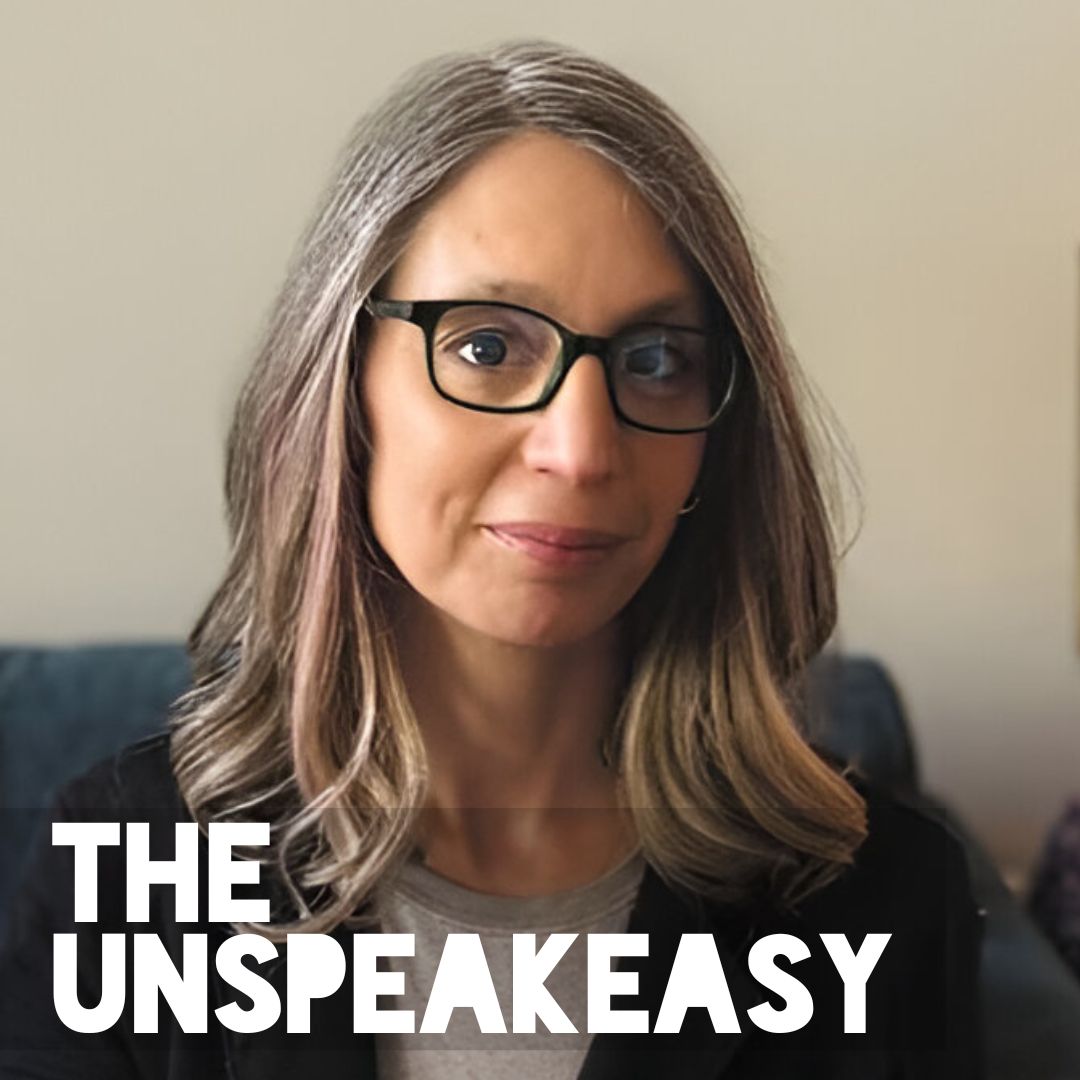
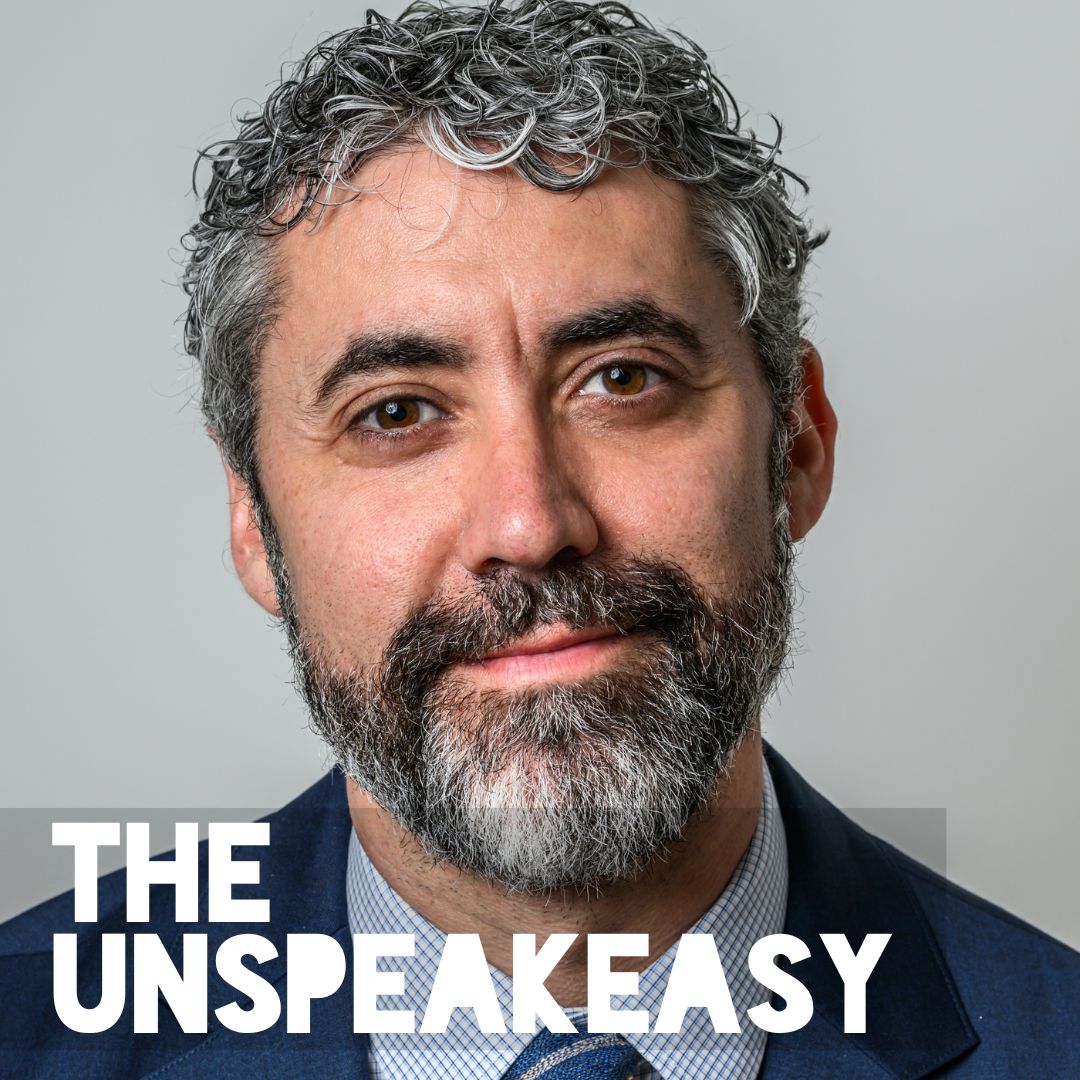
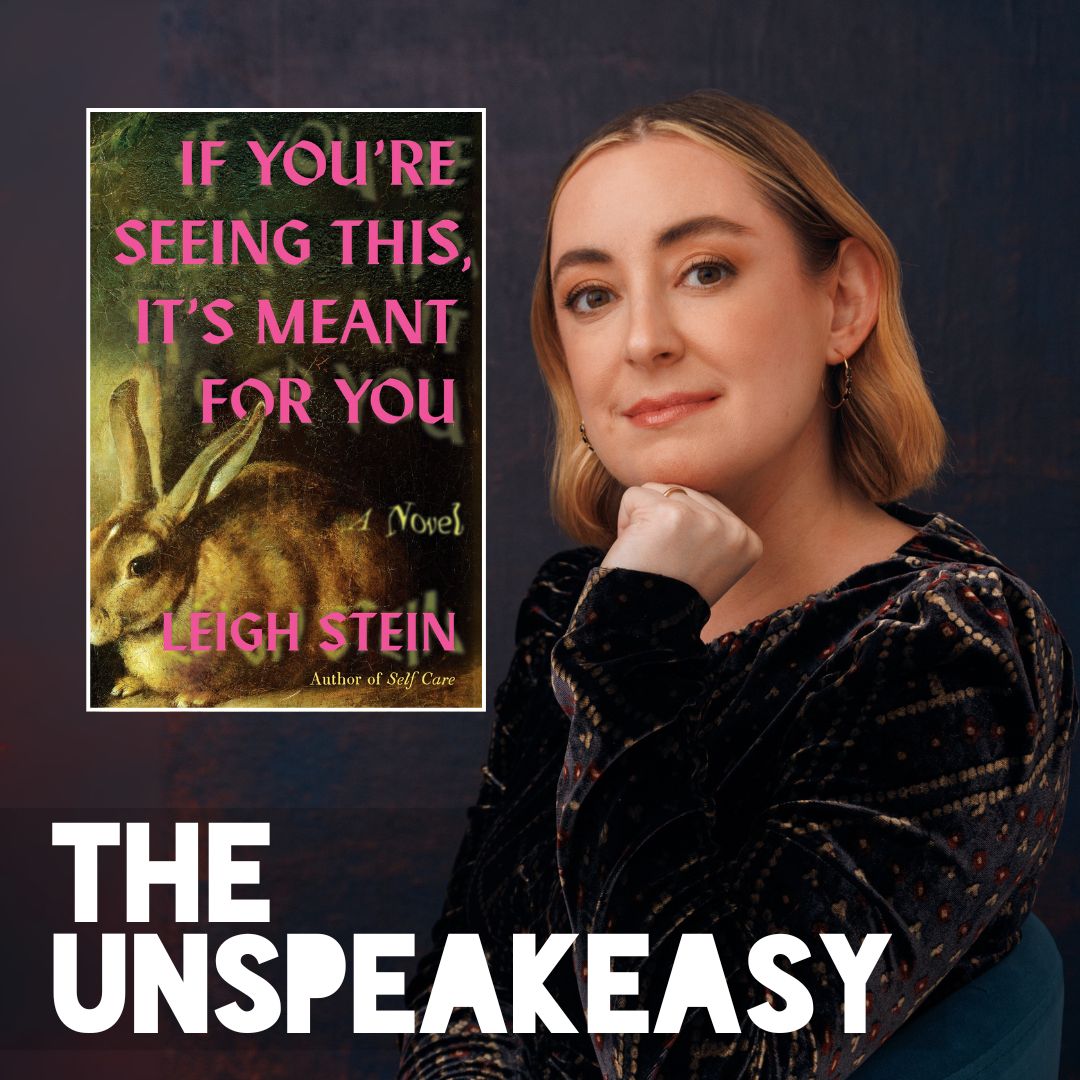
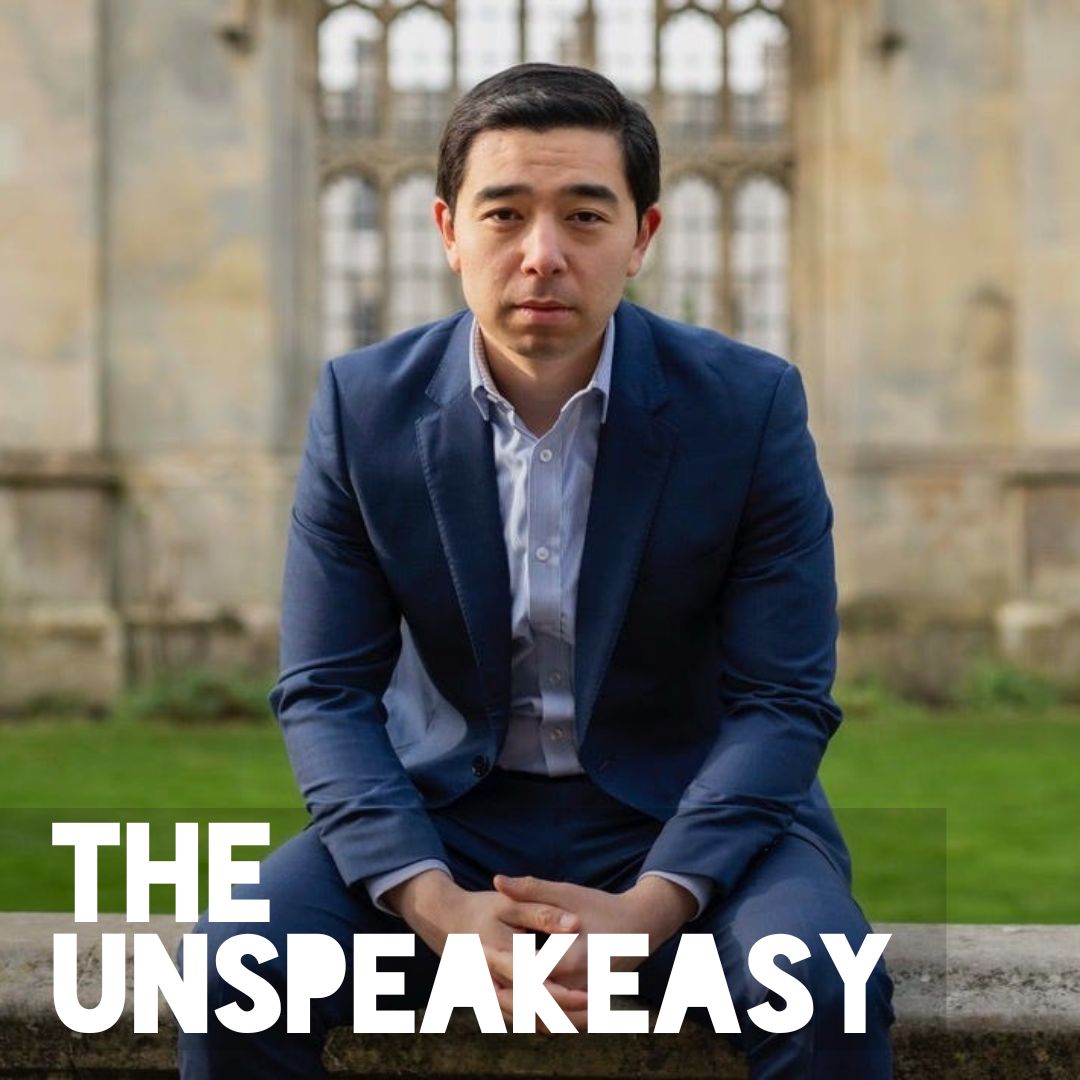

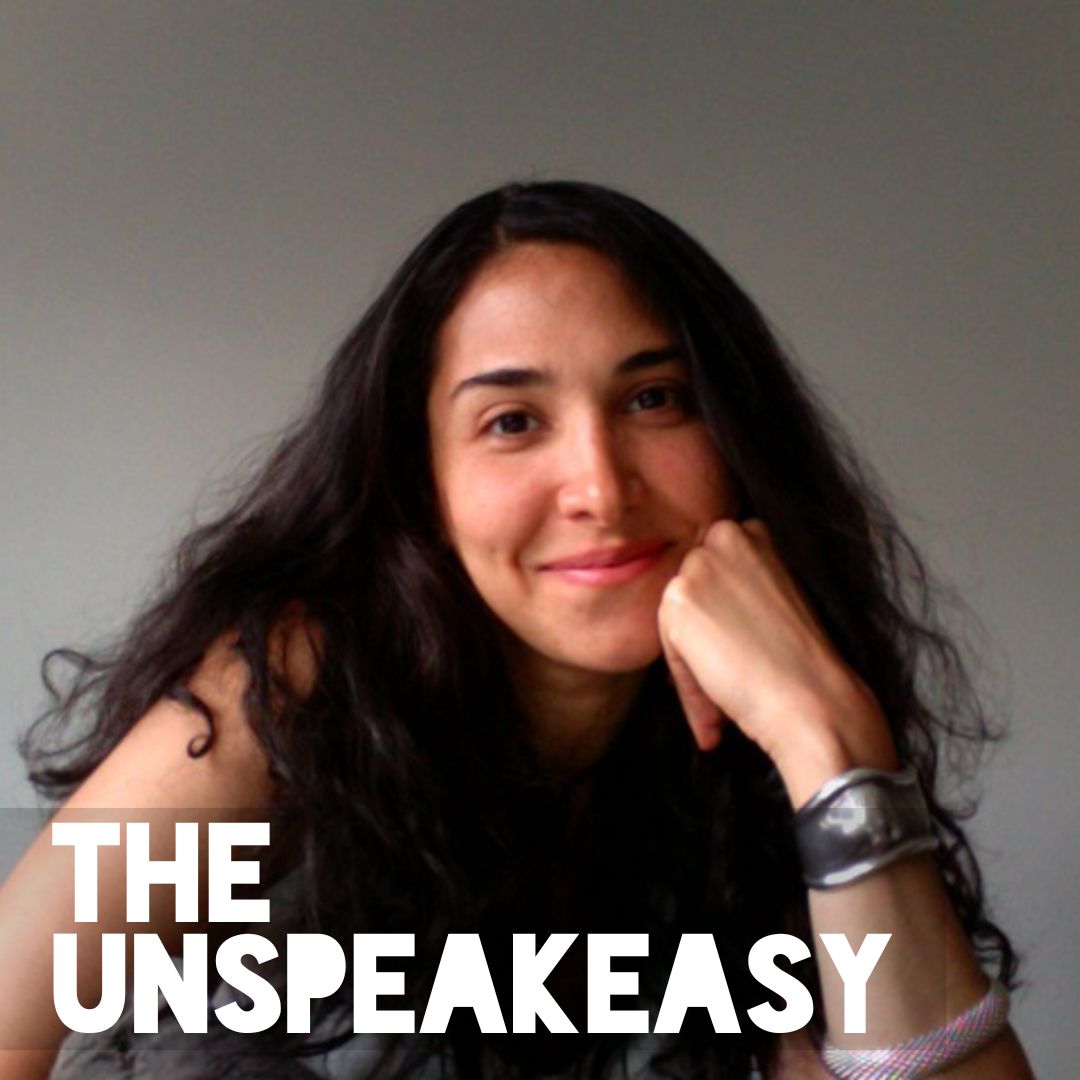
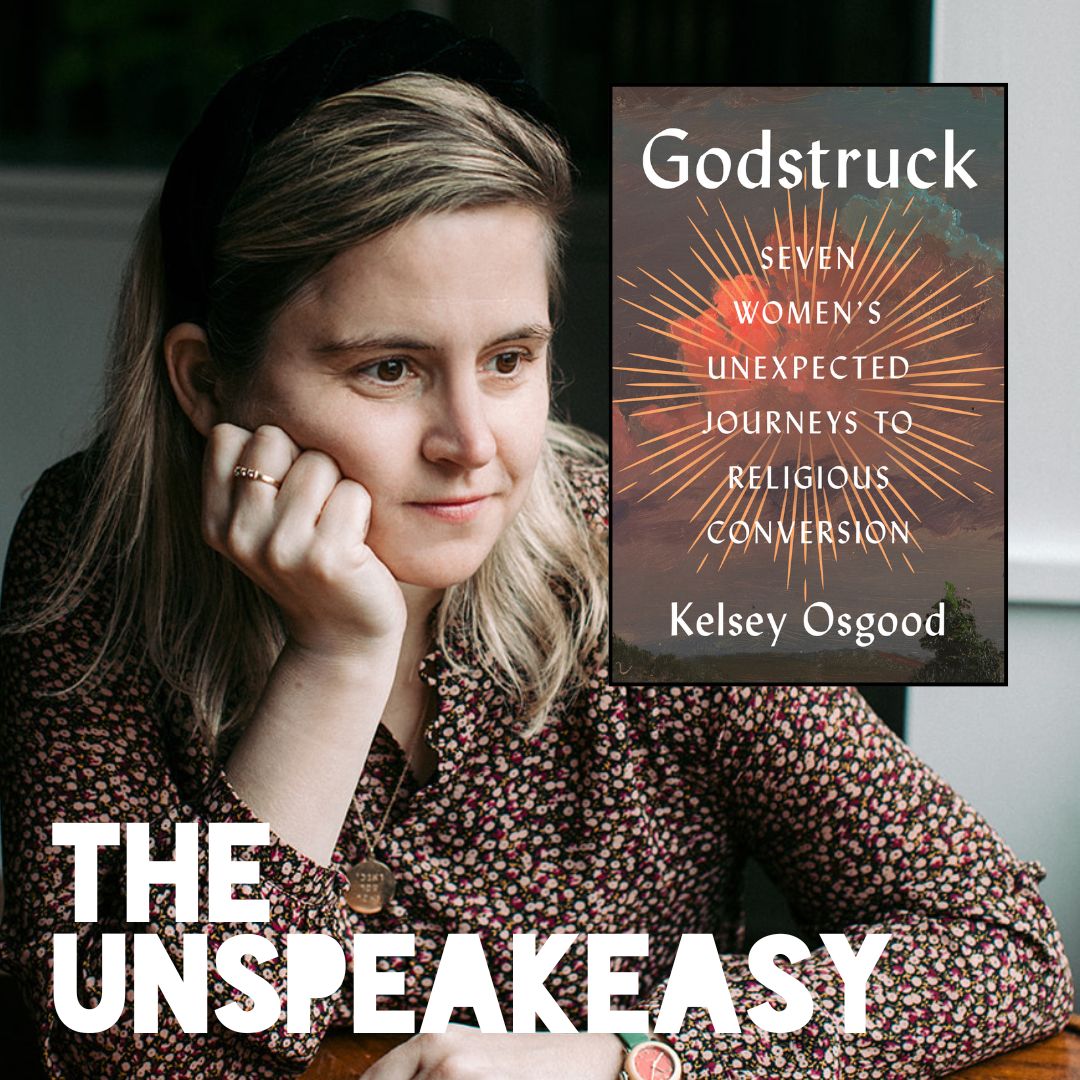

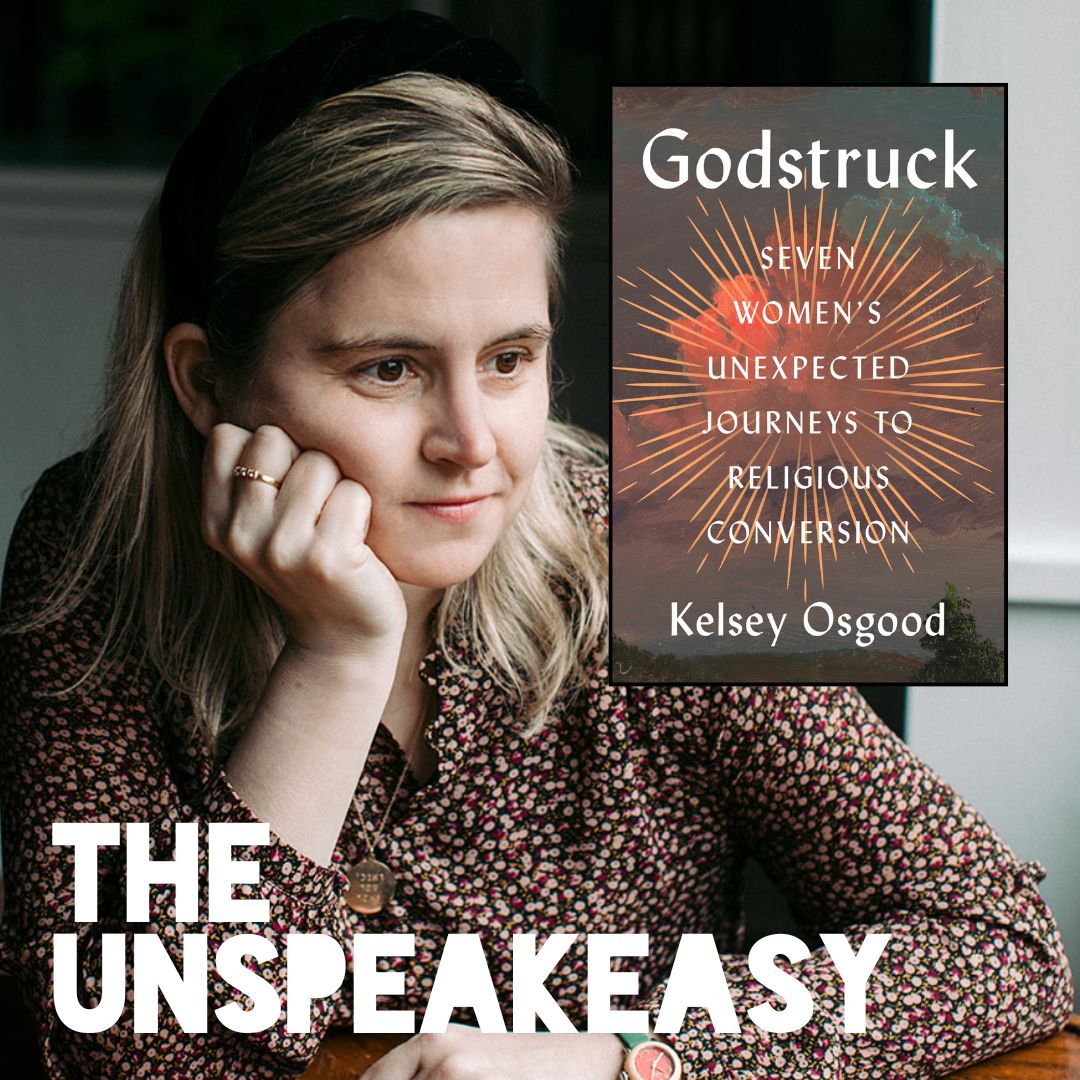
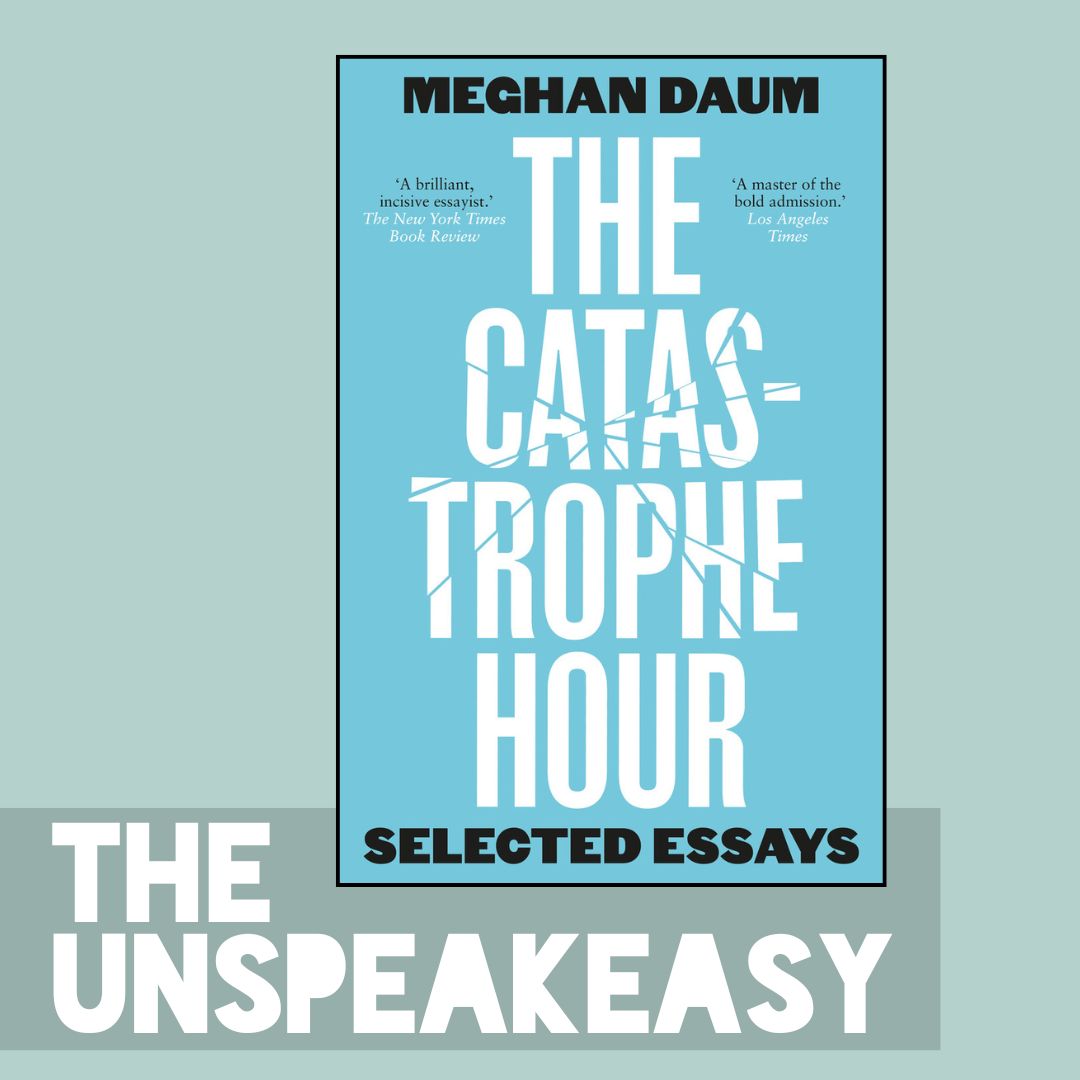
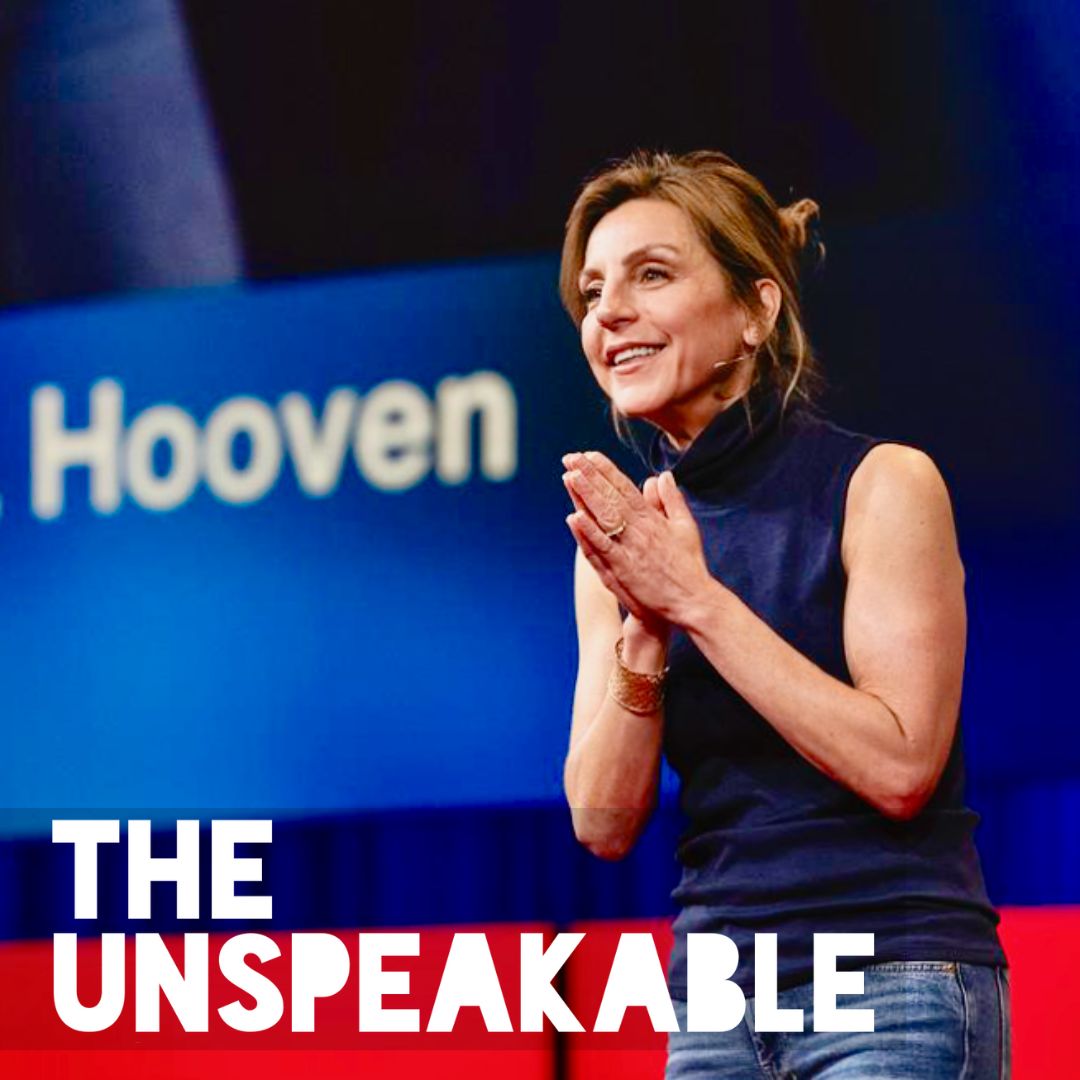
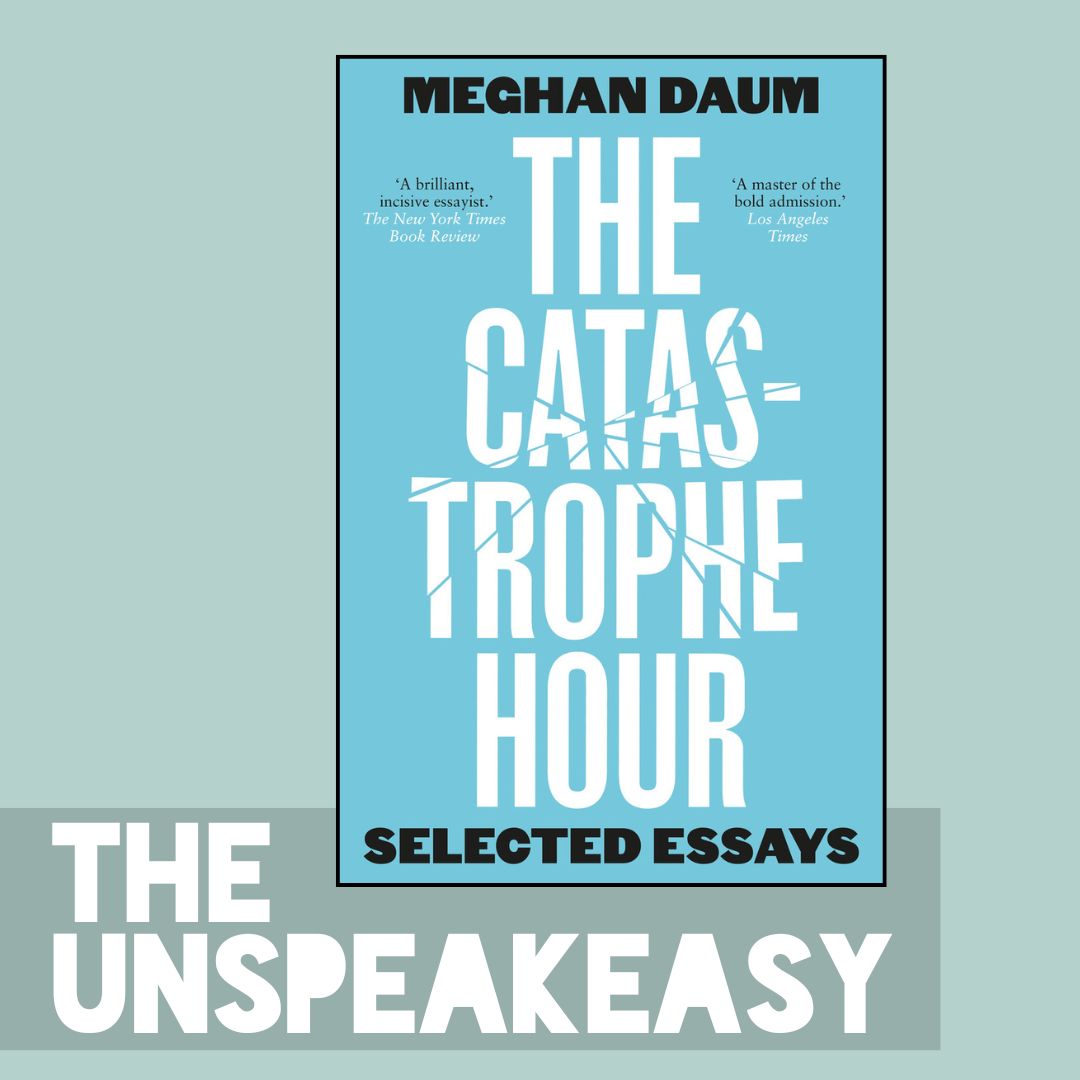
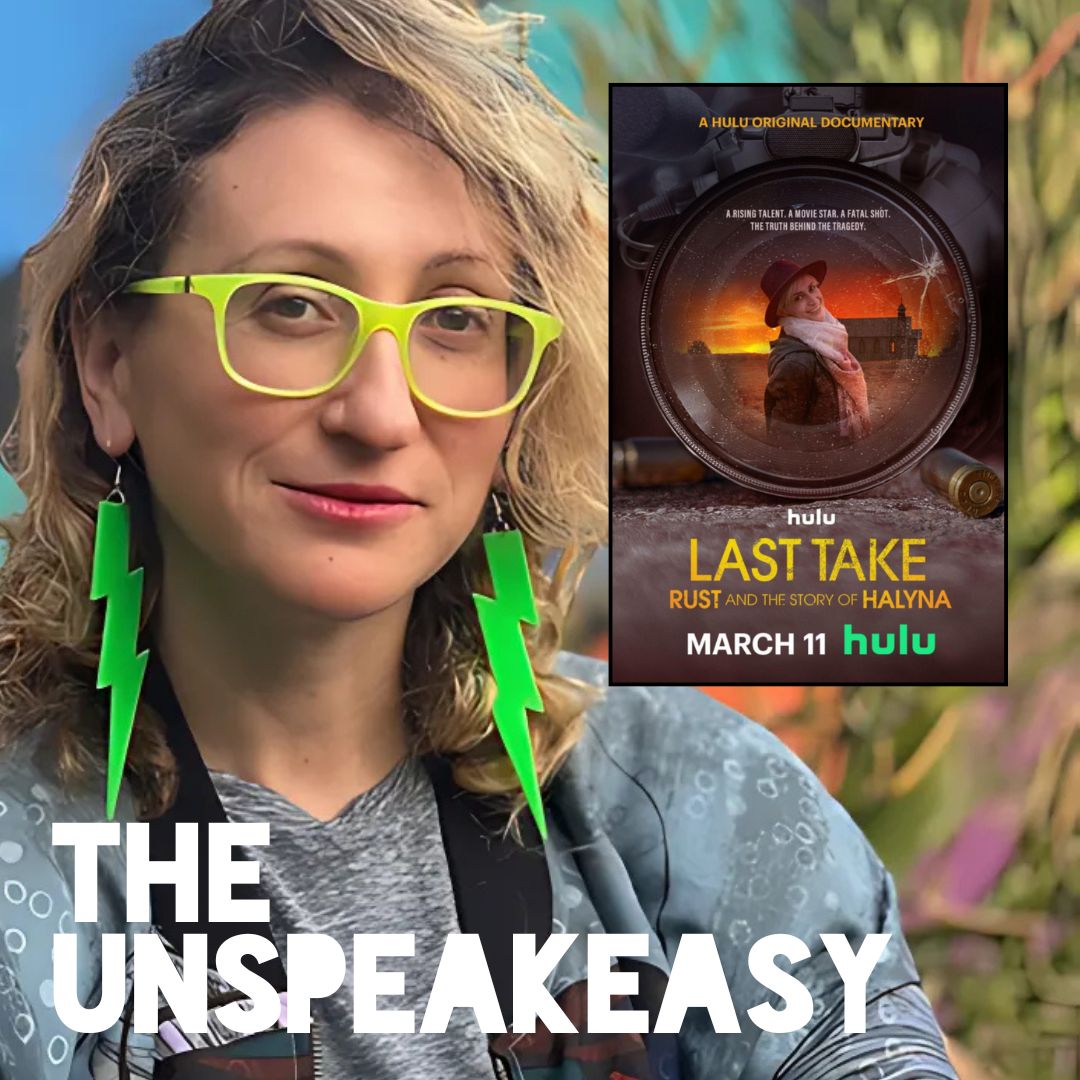
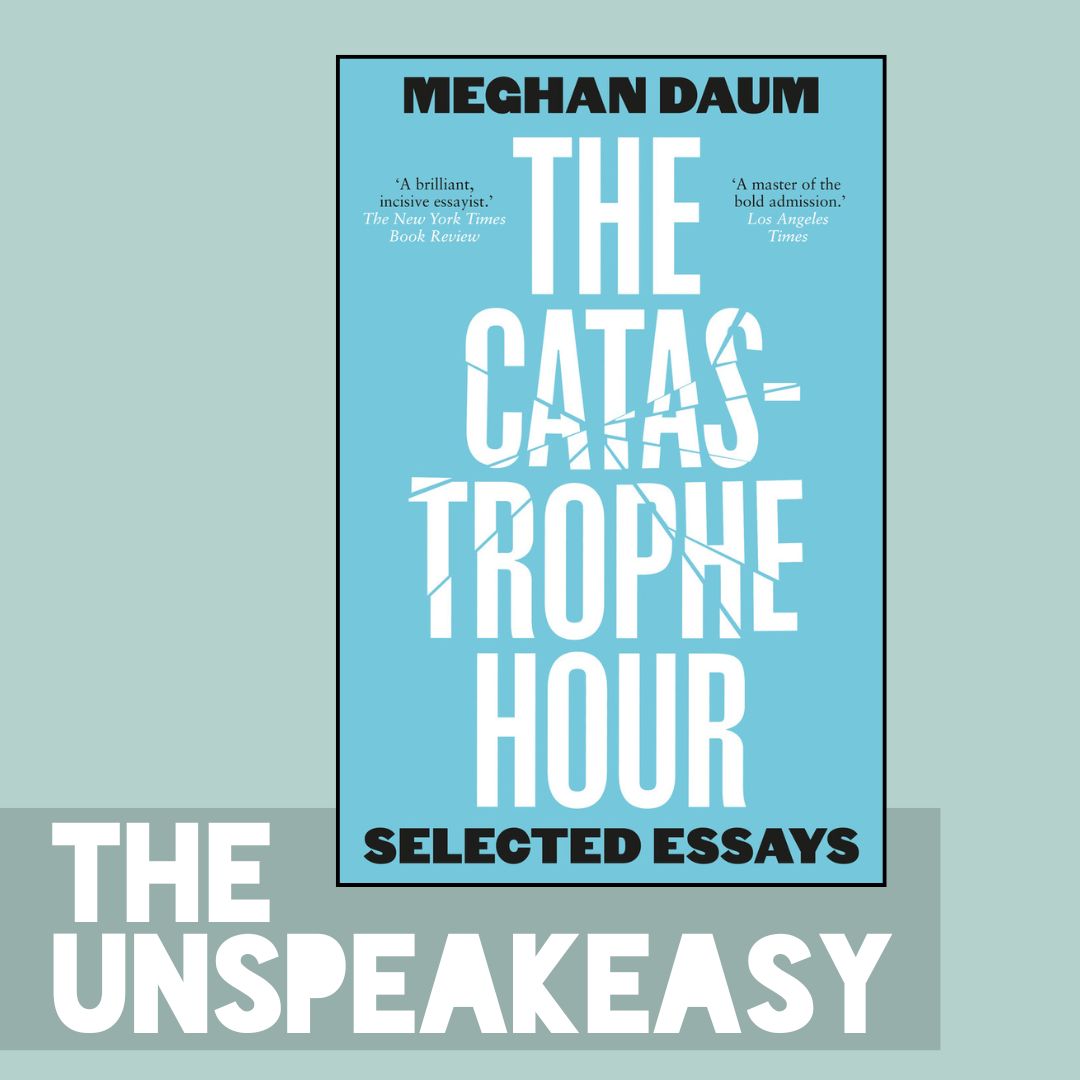
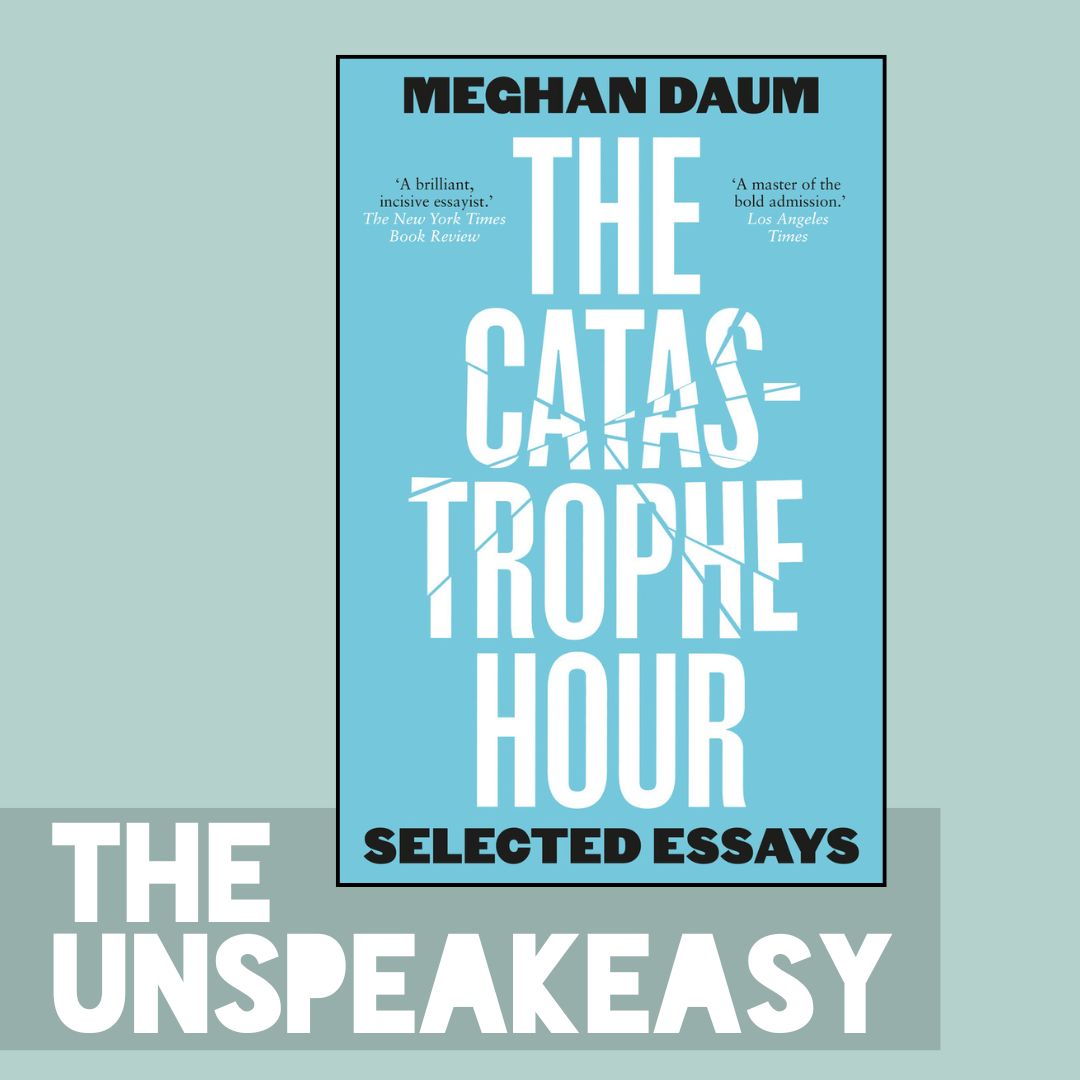

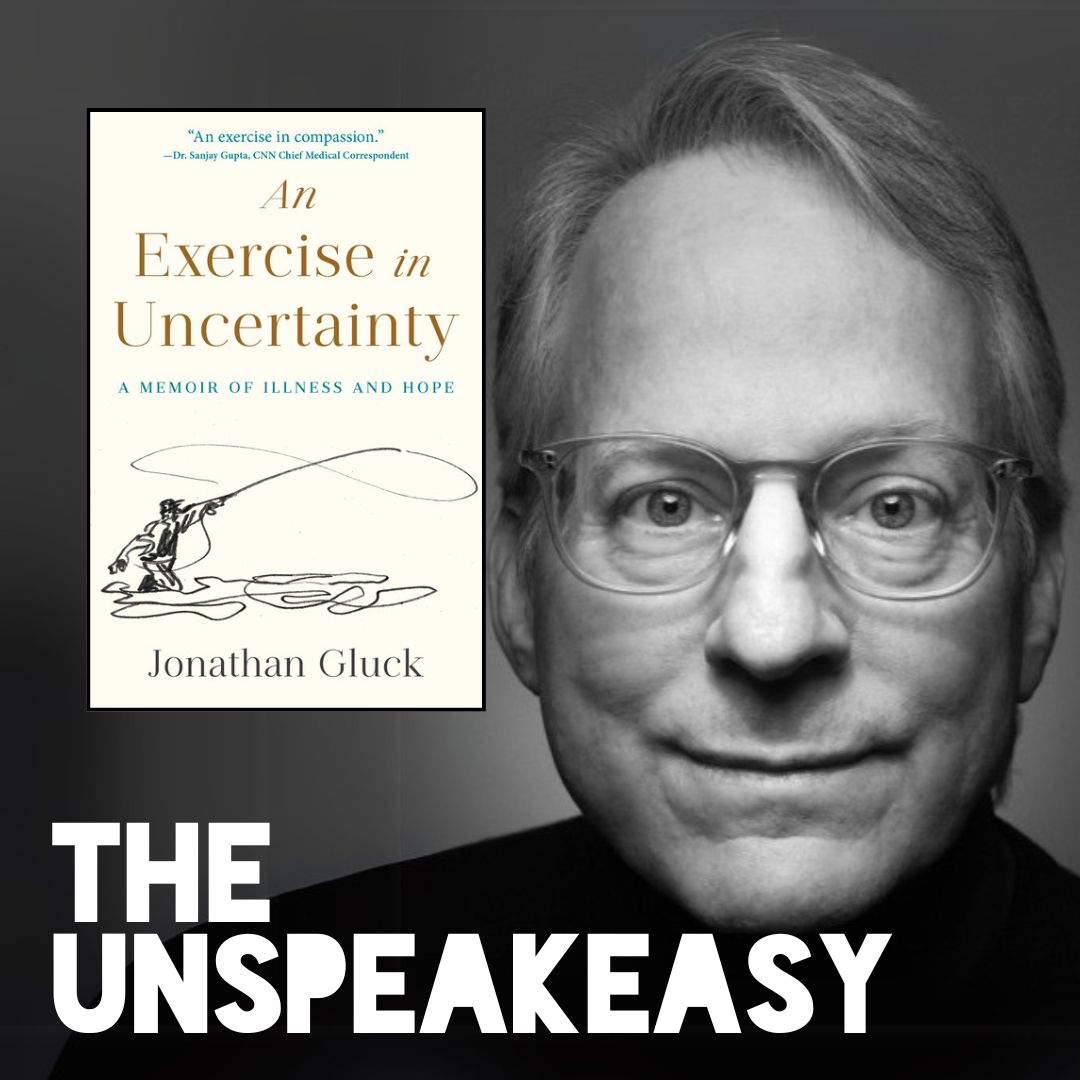

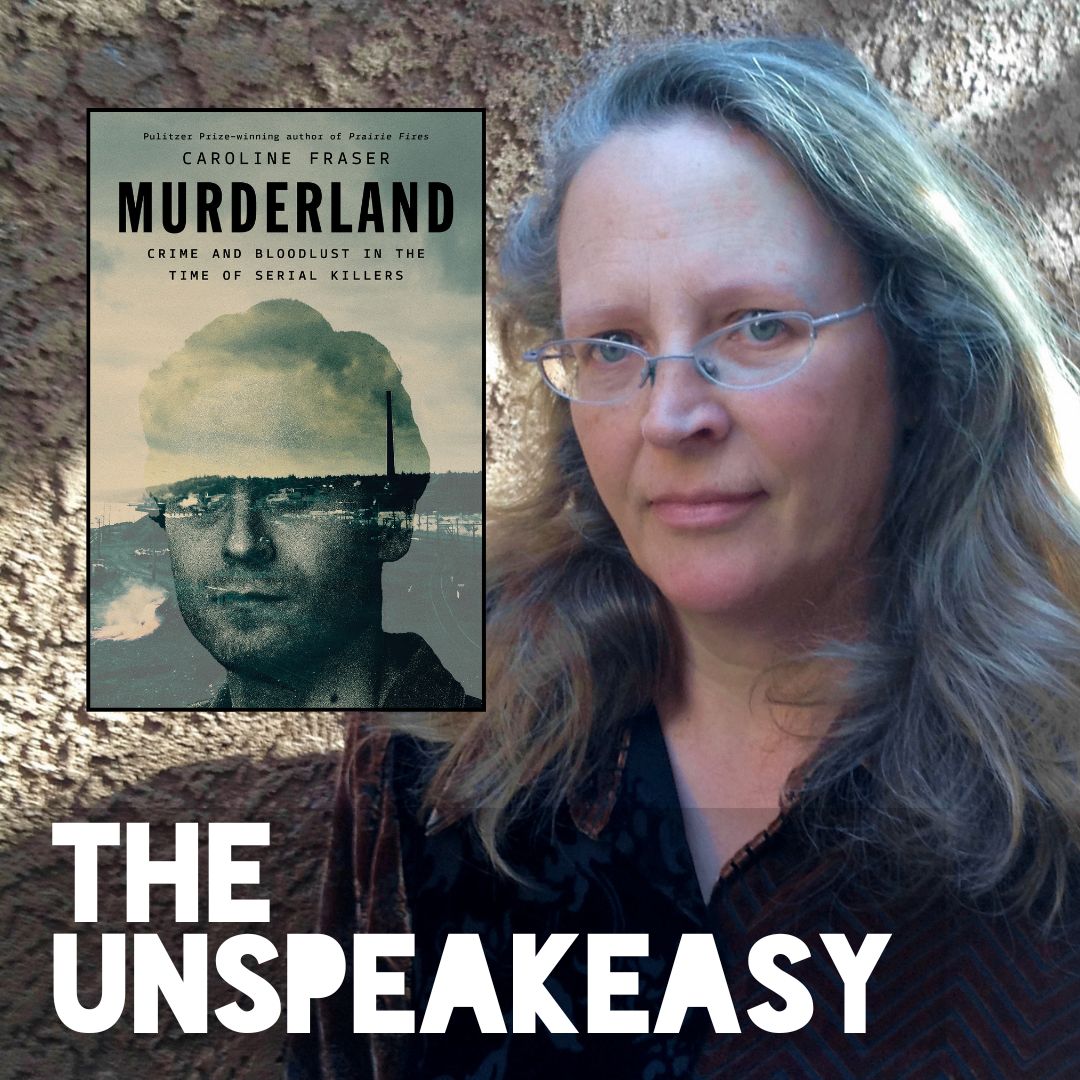




I'm so very sorry that you lost your home. All the best to you, your neighbours and your loved ones.
Sending positive vibes and stay safe!
Humans are "more important"? Really? What is your measuring stick here?
The part about Semenya doesn't make sense. It *is* known which condition he has, which is a dsd that afflicts males. He has 5-alpha-reductase deficiency, in short: 5-ARD. Please, let's not kid ourselves here. It's really weird that Stock knows all kinds of details about dsd's but that she doesn't know that Semenya is a male with a dsd that afflicts boys and men. And I'm disappointed in Daum who's a great interviewer who always seems to do her homework but doesn't know this basic fact either.
Interesting episode. A pity though that Grigg doesn't seem to have a good microphone. For ppl like me, for whom English isn't their mother tongue, it's often quite hard to understand what she's saying. I love listening to Daum though. Her questions seem often spontaneous but I'm pretty sure that she's prepared really well (because she's always well informed, and the 'spontaneous' questions make sense) – and that's a golden combination in my view.
"We all wanted to be Lisa Bonet." -- haha, so true! Really nice interview. I love your podcast, Meghan. The sometimes rumbling way you ask questions is right to my heart. Because it's always about a real dialogue. It really is enriching my life. Thank you!
Enjoyed the conversation, thanks.
I've never heard to people with more similar voices! Great episode.
Excellent interview, thanks.
I can't stand Bob Dylan either. I am still angry that he was awarded a Nobel prize.